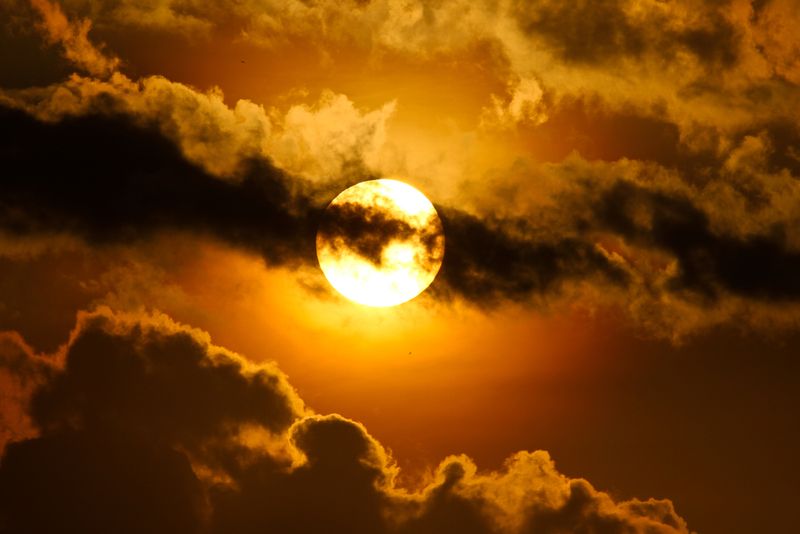In 1815, the volcano Mount Tambora in Indonesia exploded in what was probably the largest eruption of the last 1,500 years. The event caused millions of tons of ash, dust, and sulfur dioxide to be released into the atmosphere, casting a temporary chill across the planet as it blocked out the sunlight for months on end. Global temperatures dropped by as much as 3°C and huge swathes of the northeastern United States and western Europe witnessed frost and intense, gloomy storms in June, July, and August. This earned 1816 the nickname the "year without summer".
One eruption (albeit a big one) plunged the world into a volcanic winter, so why would scientists want to do it again?
Credit: TED-Ed




